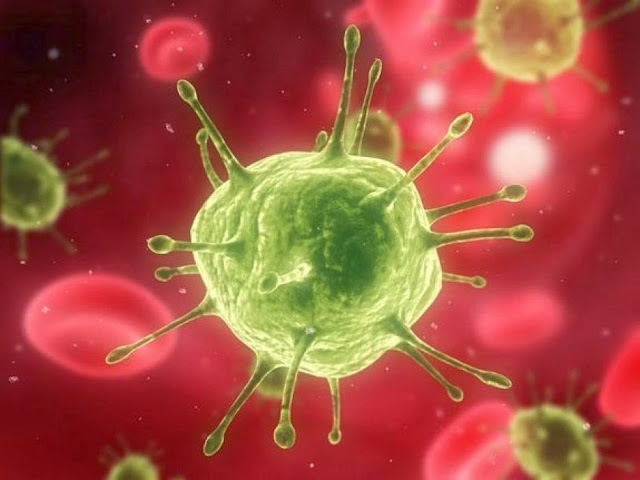Acquired Immune Deficiency Syndrome
(AIDS)
What
is HIV POSITIVE?
HIV disease is a condition caused by the human immunodeficiency virus (HIV). The condition of the disease disturbs the immune
system of human body, and human body failed to resist with infections. HIV can
be treated but unfortunately not cured perfectly. There are many effective ways
to prevent the infection to safe the human body. If this disease could not be
treated at the right time it can develop AIDS.
Causes of HIV
7,000 people are infected with HIV, and more than 1
million is due to contract a sexually transmitted infection (STI). The majority
of 15- to 24 years old living with HIV is female. Today, 23% of all people
living with HIV are under age 24, while 35% of all new infections happen among
people between 15 to 24 years of age.
The
human immunodeficiency virus (HIV) can be caused by the following:
HIV spreads through sexual contact with each other
including oral vaginal and anal sex. it can also be caused by blood
transfusions, accidental needle sticks and needle sharing. It can also be
transferred Mother to child, a pregnant woman can transmit virus to her child
by their shared blood circulation, or a nursing mother can pass it to her baby
in her breast milk. These are the most common sources that are cause of HIV
positive.
Some people are
very conscious about this disease and make myths that HIV can spread due to
these factors also as mentioned below but fact is something different HIV
infection is NOT spread by casual
contact such as hugging, mosquitoes, participation in sports touching items
that were used by a infected person with the virus.
HIV and AIDS Awareness
HIV stands for the "human immunodeficiency virus." In
other words, it is a virus that infects human being and leads to problems with
their immune system. The immune system is the body's system for fighting
disease. It is very important to know that a person with HIV can live for many
years without developing AIDS. HIV is the infected virus but Aids which stands
for "Acquired Immune Deficiency Syndrome" is a way of describing a
whole group of symptoms and diseases associated with the damage HIV does to the
immune system. As an HIV infection progresses, there is ongoing damage to
immune defense cells and the body becomes increasingly less able to fight off
infection.
AIDS Avoidance
There is no cure for HIV, but there are ways to prevent getting
the virus.
HIV is usually transferred from person-to-person through sexual
(anal, vaginal, or oral) contact or by sharing needles and other drug works.
HIV prevention can be through abstinence, mutual monogamy, by not sharing
needles and drug works (commonly referred to as paraphernalia), and by limiting
the use of material (i.e. alcohol and other non-injecting drugs) that damage findings.
There is currently no vaccine for HIV. Researchers have been
trying to find an HIV vaccine since the virus was first identified in 1984. HIV
is a very complex virus, so researchers have not been successful in creating a
vaccine, but they continue to try.
Self
Discipline refrain
Refraining from sex means not having any type of sex at all oral,
anal, or vaginal. By creating self discipline is 100% effective in preventing
HIV.
The decision to practice abstinence does not mean that you should not know about condoms and safe sex practices. Most people stop being abstinent at some point in their lives.
The decision to practice abstinence does not mean that you should not know about condoms and safe sex practices. Most people stop being abstinent at some point in their lives.
Monogamy
Mutual monogamy means that you agree to be sexually agreed with
only one person, and that individual has agreed to be sexually active only with
you. Reducing your number of sexual partners can decrease your danger for HIV.
It is still important that you and your partner get tested for HIV and tell
your test results with one another. Many people choose to continue using safety in a mutually monogamous relationship for further protection from HIV.
There are also some other prevention to treatment for
HIV/AIDS. I hope you will get most of the important information in this
article about AIDS as surely u have found useful information about phlegm article named

















0 comments